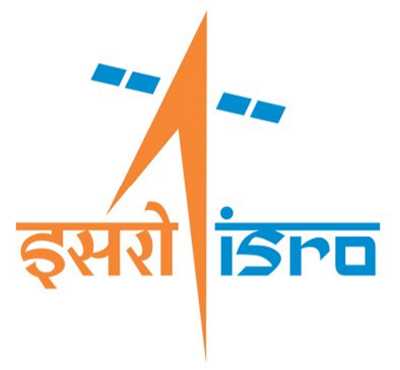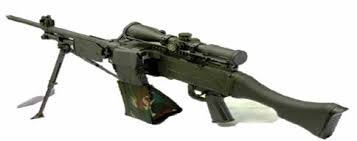A new low-cost star sensor developed by astronomers from off-the-shelf components was recently launched by ISRO on board PSLV C-55. In its first-ever space test, the sensor, which is mounted on the PSLV Orbital Experimental Module (POEM), is performing well, and the initial data has now validated its design as well as its function.
The StarBerrySense payload developed by the Indian Institute of Astrophysics (IIA), an autonomous institute of the Department of Science and Technology (DST), was launched on 22 April. This novel low-cost sensor designed to quickly calculate where the satellite is pointing is being tested in space for the very first time.
The astronomers from the Space Payloads Group at the institute have announced that not only has StarBerrySense withstood the harsh conditions in space and is functioning as expected, the initial data shows that it is able to calculate the pointing direction.
For any space mission, it is crucial to know where the satellite is being pointed to at any given time. While there are several ways to do this, a star sensor provides the most accurate information about a spacecraft’s orientation.
The start sensor designed by the Space Payloads Group at IIA is capable of finding its pointing direction in space by identifying the stars in its field of view. This payload is built around the well-known minicomputer RaspberryPi, and the electronics and software were designed in-house.
Besides, the advantage of this payload is that it is cost-effective, simple to build, and can be deployed on a wide variety of satellites.
StarBerrySense was mounted on ISRO’s PSLV Orbital Experimental Module (POEM), which provides a stable platform for payload to operate from.
POEM is a unique initiative by ISRO that utilises the spent 4th stage of the PSLV as an orbital platform for carrying out scientific experiments. It is an excellent opportunity to conduct short-term scientific experiments in space.
The primary objective was to assess its survivability and performance in space.
The main function of StarBerrySense is to image the field of view, correctly identify the stars it sees, and calculate the pointing direction.
An analysis of the preliminary data has confirmed that the imaging equipment works as expected, and the onboard software is able to calculate the pointing direction.





